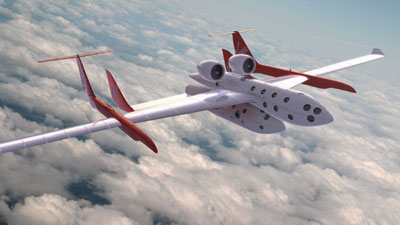What space startups really needThe concept of a business accelerator may be just the thing the NewSpace industry needs to grow.by Rocky Persaud
|
| An enterprising group of professionals who know what they are doing when it comes to managing companies and training entrepreneurs would have much to gain by forming a space business accelerator. |
What the industry needs is a “space business accelerator”. This would be an organization that mentors new space entrepreneurs from startup and seed-stage through to its first angel investment and beyond. It would provide expertise in management, finance, accounting, product development, marketing, and perhaps some research services as well. More than just a traditional business incubator, a business accelerator helps with the incorporation, serves as the initial management team for the first few years, and interviews new managers to replace the initial team once the founder is ready to grow his company without them. They are full partners until the founder has graduated Entrepreneurship 101. Startups typically don’t require full-time CEOs or marketing VPs, so an accelerator team would be able to help with several companies at once. The people that a good accelerator would bring in would help inject a much-needed heavy dose of reality to space startups struggling with their businesses.
The original accelerator is The Foundry, located in Menlo Park, California. It is focused on medical device technologies and has been around since 1998. It typically spins-out technology developed by its own in-house research team, but it also evaluates technology from outside inventor-clients as well. The Foundry has helped create a dozen medical device companies and raised for them over $200 million in capital. Its reward for that is over $1 billion in value for the graduated companies and The Foundry itself.
New accelerators are being created in the US and Europe, focusing on specific geographic locations or industries. These usually have partnerships with universities and venture capital groups. The success rate of companies graduating from business accelerator programs is usually in the 85–90% range.
Many space entrepreneurs start out with no real business experience, and need this sort of help. An enterprising group of professionals who know what they are doing when it comes to managing companies and training entrepreneurs would have much to gain by forming a space business accelerator.
